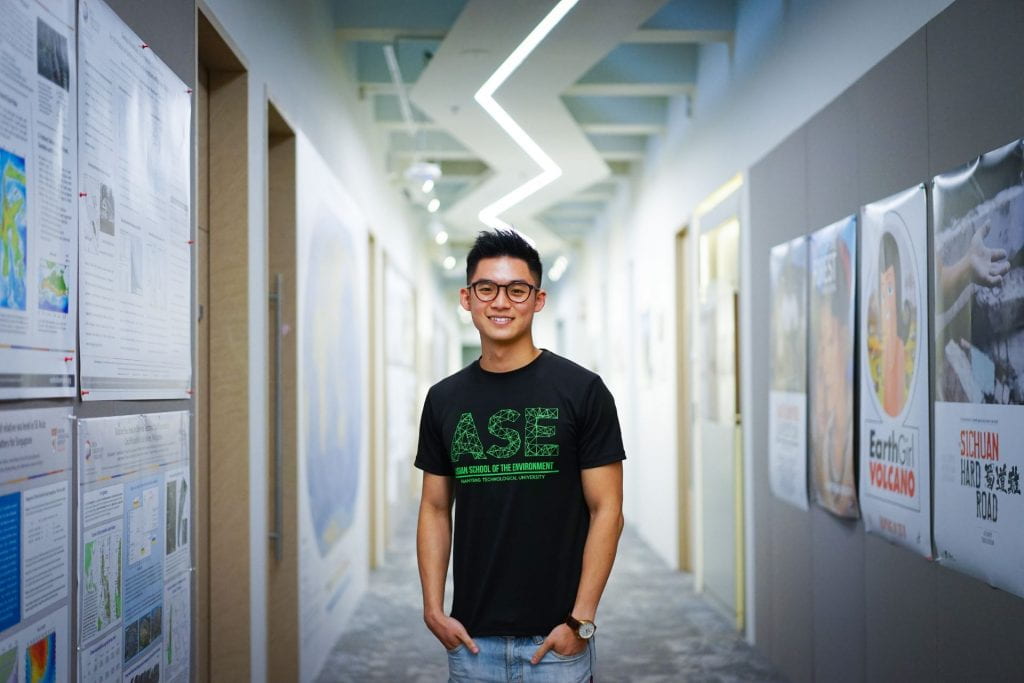How did you come up with the video-making workshop, and what made you choose to focus on the Mekong Delta environmental crisis?
I first learnt about the Mekong Delta environmental crisis in June 2018 when I went for a 5-day ASEAN workshop called Young Southeast Asian Leadership Initiative (YSEALI): Protecting Mekong Delta. The Mekong delta receives water from the Mekong River and plays a central role in the livelihood of thousands of farmers. Unfortunately, the delta located in Vietnam is now inundated by various problems, most significantly the increasing number of dams upstream in other countries. Dams hold back sediments and water. Without enough water flowing downstream, farmers downstream suffer as their rice fields dry up. Also, when sediments containing essential nutrients for the crops are limited, farmers could resort to artificial fertilisers which harm the environment. The problems in the delta affect Singapore too – we rely on the delta for food.
If nothing is done to alleviate the crisis, the delta could disappear in the next 50 years! So, after YSEALI, some of the participants from different ASEAN countries teamed up to raise awareness for the environmental crisis, and we did this by creating educational videos.
Tell us about your Mekong Delta project.
We conducted a 3-day workshop and brought in regional youth leaders from the Mekong region – Myanmar, Laos, Cambodia, Vietnam. The workshop consisted of two parts. The first part involved lectures and panel discussions with renowned environmental experts to understand the socio-economic and ecological importance of Mekong Delta, its environmental challenges, and current solutions. In the second part, we headed down to the fields to interact with and learn about the locals. We then created documentaries that communicated their stories and posted them on the internet to raise awareness. The first workshop in February 2019 focused on saltwater intrusion of rice fields while the second workshop in August 2019 focused on illegal sand mining. We were fortunate to have BBC visit us the second time.

First Lens on Mekong Workshop in February 2019. In black are the organizers and in white are the participants.

Second Lens on Mekong Workshop in August 2019. We were interviewing a rice farmer and he shared with us how a newly appeared worm destroyed his crops.
What were some of your challenges while working on the project?
One of the challenges we faced was getting a permit to visit the locals. As a team of foreign students, we needed credentials to show the local officials that we were serious about this project and assure them that we will adhere to the rules. Climate change is a sensitive topic in the region and officials are cautious that we may create social instability. To build our credibility, we partnered with a private university and managed to obtained the permit. This entire process took us 4 months. Believe it or not, I got the permit 1 day before my participants arrived in Cần Thơ, Vietnam, which was extremely nerve-racking, to say the least! This adventure has made me more willing to take risks, and instilled some entrepreneurial spirit in me.
You went to Shanghai for your Overseas Entrepreneurship Programme experience. How did you find it?
I have grown tremendously through OEP – professionally and as a person. I was in Shanghai, China for 5 months working for an accelerator called XNode. My role was to help foreign start-ups break into the Chinese market. As my previous internships were in research, I had little business knowledge and work experience. I had a lot to learn, from understanding the Chinese market to handling clients.
Shanghai is a vibrant city with entrepreneur events happening almost every day. I would go for 2 – 3 events a week, forcing me to break out of my comfort zone. The 5 months living in Shanghai exposed me to smart city ideas and has allowed me to see ways we could improve Singapore.

One of the hackathons that I joined. My team included friends from NTU, NUS and my local Chinese friend.

One of the many events that I joined. We were brainstorming on ways to revolutionise the traditional trishaw industry and we won! I went to this event alone and made many Chinese friends.
What are your plans after graduation?
I want to create an agriculture start-up in the future, but I cannot be sure when that will be. I might go overseas for a couple of months or years to try something out after I graduate, or I might work for a large corporation first. This is so I could learn more about the processes and systems in place so that I will know how to organise teams and create systems in the future. Right now, I’m building my connections in Southeast Asia.
Any words of advice to prospective students keen to pursue Science and/or entrepreneurship?
While you are young, try everything! Like what the author Lewis Carroll said: “In the end, we only regret the chances we didn’t take”.
(You can read the report on the Lens on Mekong project here.)
About OG Department Stores – Mr Tay Tee Peng Distinguished Undergraduate Student Awards
The OG Department Stores – Mr Tay Tee Peng Distinguished Undergraduate Student Award is awarded annually to recognize existing undergraduate students in the College who have demonstrated excellence in academic studies, leadership ability and contributions to the community.
About the Overseas Entrepreneurship Programme
The OEP is a once-in-a-lifetime opportunity for NTU undergraduates to gain invaluable skills outside the classroom through start-up internship, international immersion and entrepreneurship experience. The programme offers students the chance to gain the experience, know-how, contacts and skill sets they need to kick-start their own entrepreneurial journey. Read about it here.


